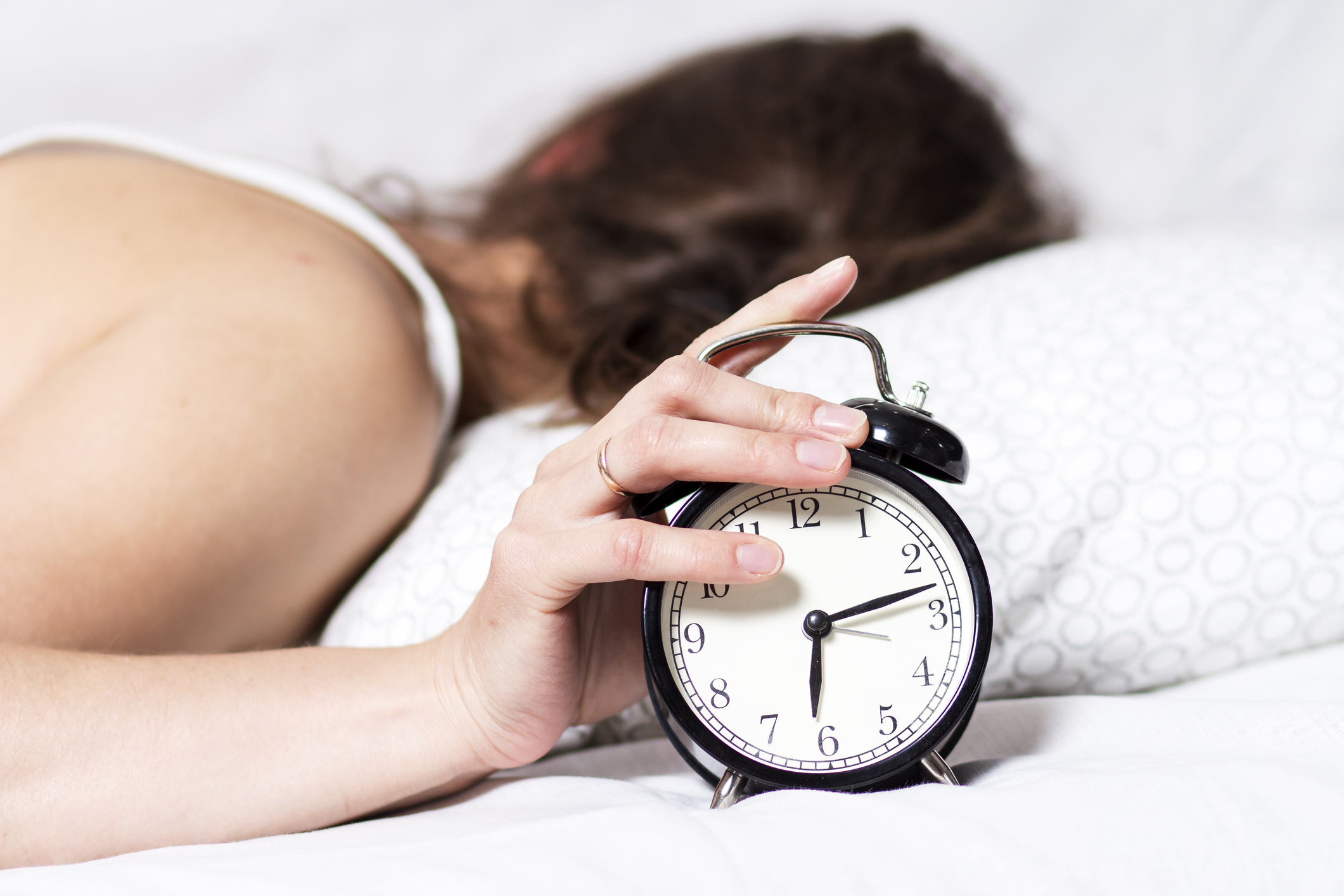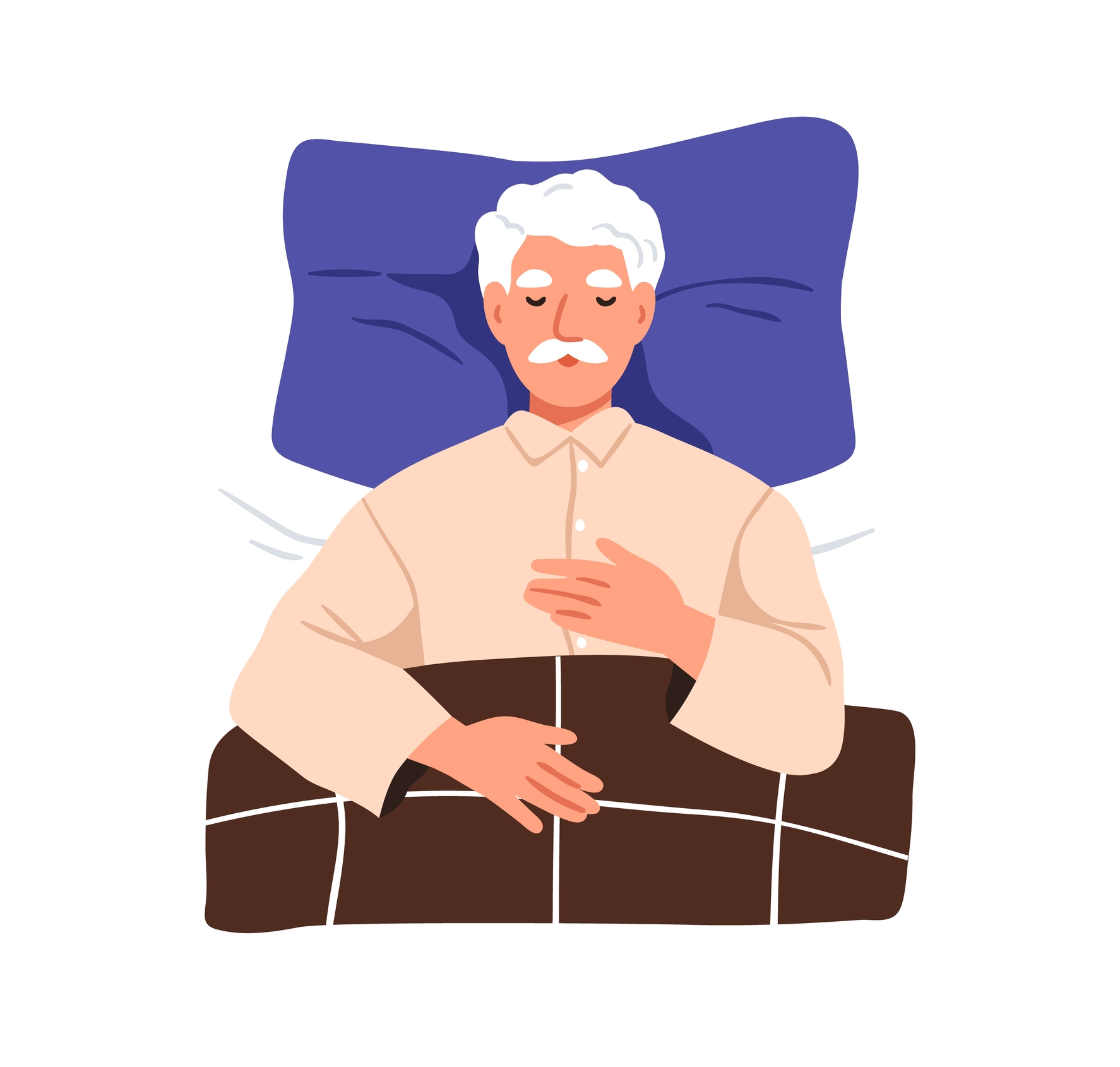Five Fascinating Aspects of Your Circadian Rhythm You Might Not Know About
Our biological clock, also known as the circadian rhythm, mystifies many. It controls everything from our sleep-wake cycles, hormone secretion, eating habits and digestion to body temperature. This internal embellishment roots deeply in evolved biology and affects practically every physiological process that our bodies undergo. Despite its relevancy in everyday life, there are many fascinating aspects of the circadian rhythm that remain relatively unknown, even in the world of scientific research.
The first slide delves into the intriguing concept of "chronotypes." Chronotypes refer to two variants of individuals — early risers, also nicknamed "larks" and late sleepers, often called "owls". This fascinating distinction is biologically ingrained—an aspect regulated by our circadian rhythm. While it's thought that we could alter this internal clock to some degree with habit, research increasingly indicates that our chronotypes can profoundly impact our lifestyle, productivity, and even health.
The Peeks and Troughs – Energy Levels Controlled by Circadian Rhythm

The second intriguing aspect of the circadian rhythm relates to our energy levels. Like a perfectly choreographed ballet, human energy levels rhythmically rise and fall throughout the day. This rhythm accounts for those periods during the day when you instantly turn from an alert, productive individual to someone merely counting seconds until it's time to sleep.
Specific stages in the day, known as the "circadian dip," typically between 1 pm to 3 pm and 2 am to 4 am, are when most people experience their lowest energy levels. This energy decline serves as a signal for your body to take rest and recuperate.
Circadian Rhythm and Mood Disorders

The third fascinating dimension pertains to the interplay between circadian rhythms and mental health. Scientific research consistently shows a robust link between disruptions in circadian rhythms and the onset of mood disorders, including depression and bipolar disorder. Understanding this connection can lead to innovative therapeutic approaches such as chronotherapy, a treatment focused on aligning an individual's circadian rhythm to improve moods.
Impact of Circadian Rhythm on Physical Health

A lesser-known aspect of the circadian rhythm's impact is physical health. Synchronizing our eating and sleeping patterns with our circadian rhythm is known to prevent the onset of various health disorders such as obesity, cancer, and heart diseases. Disruptions in our biological clock through irregular work shifts, frequent flying across time zones, or consistently late bedtimes may predispose us to metabolic disorders.
Circadian Rhythm and Cognitive Performance

The final aspect of the circadian rhythm that we'll delve into involves cognition. Research suggests that our cognitive performance varies throughout the day and is controlled by the circadian rhythm. From memory, concentration, and the ability to learn new information, our body's internal clock heavily influences how and when we perform cognitive tasks best.
Understandably, individual variations surface—night owls might perform cognitive tasks better later in the day compared to early risers. This compelling tidbit has significant implications for planning work or study schedules to coincide with peak cognitive performance times.